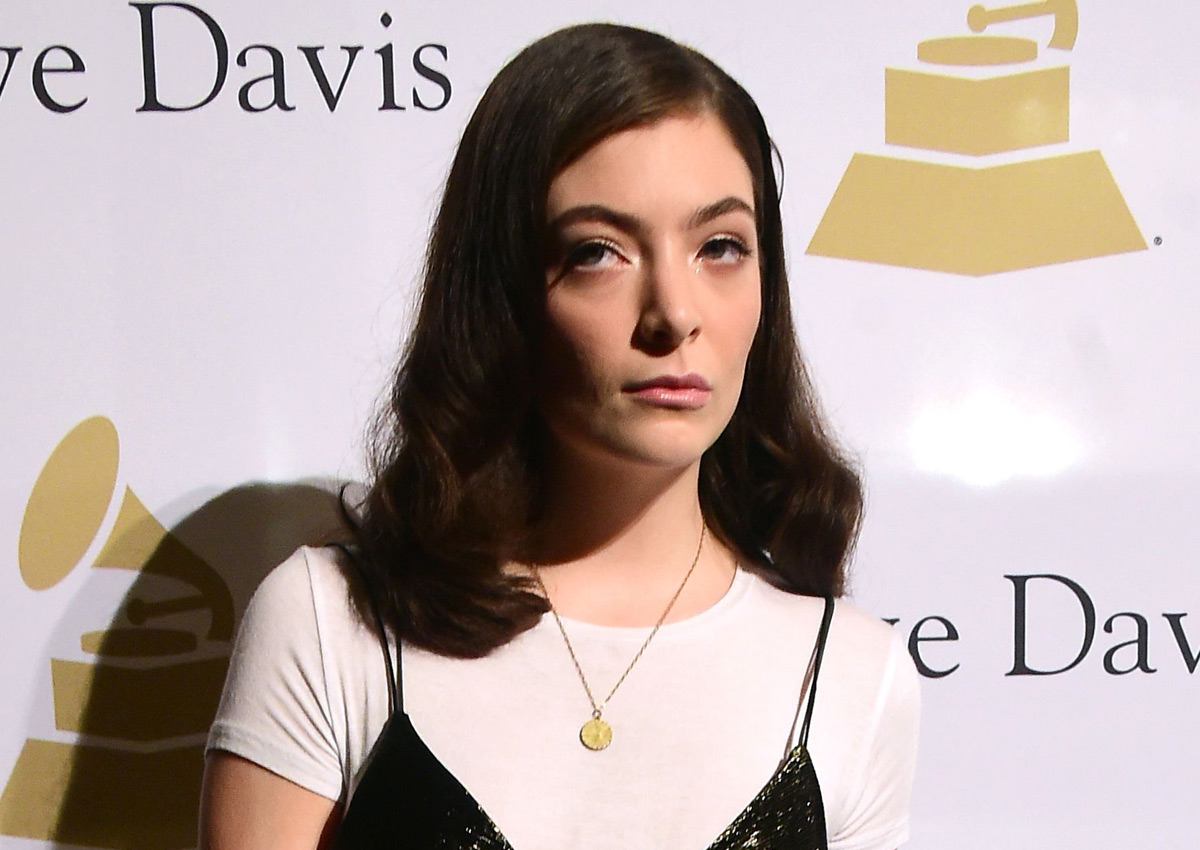New Zealand singer Lorde has been called a “bigot” by an organisation run by a well-known American rabbi after she cancelled a concert in Israel.
Rabbi Shmuley Boteach’s The World Values Network placed a full-page ad in The Washington Post on Sunday stating: “21 is young to become a bigot,” underneath a picture of the singer superimposed on a backdrop of what appears to be a war-torn city.
The headline read: “Lorde and New Zealand ignore Syria to attack Israel.”
The singer cancelled a concert scheduled for Tel Aviv in June, according to a BBC report, after criticism from activists and two fans who urged her to “join the artistic boycott of Israel.” The New Zealand-based fans, who are Palestinian and Jewish, campaign against Israel’s occupation of Palestine and wrote: “Playing in Tel Aviv will be seen as giving support to the policies of the Israeli government, even if you make no comment on the political situation.”
Lorde responded on Twitter last month: “Noted! Been speaking w(ith) many people about this and considering all options. Thank (yo)u for educating me I am learning all the time too.”
But the black-and-white ad by The World Values Network questioned her decision to cancel the Tel Aviv performance but not one in Russia, with text below the image stating: “Lorde joined a global anti-Semitic boycott of Israel but will perform in Russia, despite Putin’s support for Assad’s genocide in Syria.”
The World Values Network states its mission is to disseminate Jewish values to the US, and its ad in The Washington Post is likely to have cost thousands of dollars. A full-page colour ad in its Sunday edition is listed as costing $13,457 on its advertising rate card, although the cost for a black-and-white version is not listed.
Boteach, who styles himself on his website as “America’s rabbi,” has been a guest on “The Oprah Winfrey Show.”
The World Values Network, Universal Music (the parent company of Lorde’s record label Republic Records) and the New Zealand government had not responded to CNBC’s requests for comment at the time of publication.
This article was first published in CNBC.







